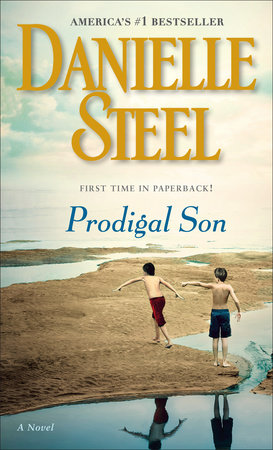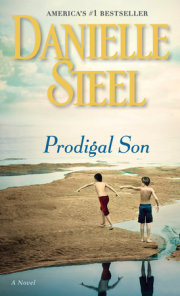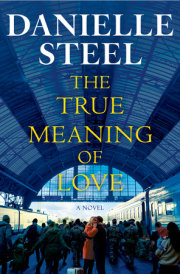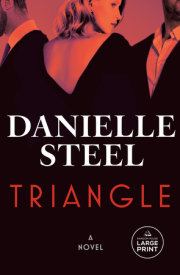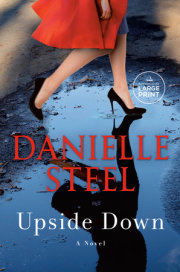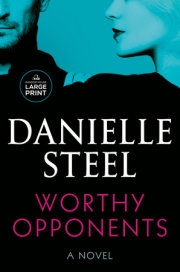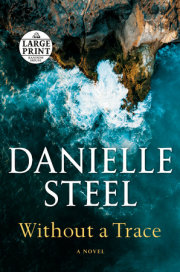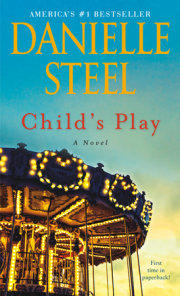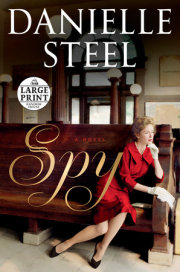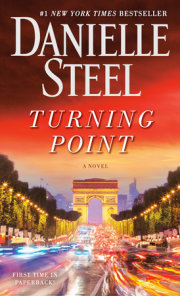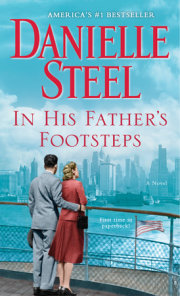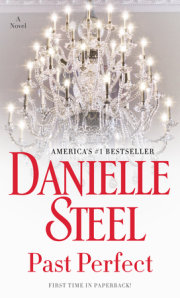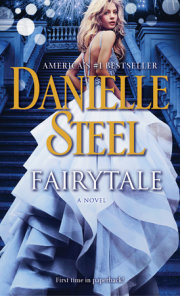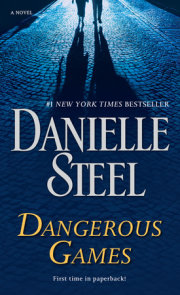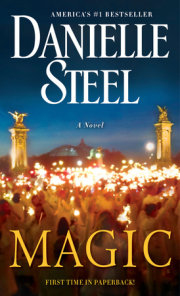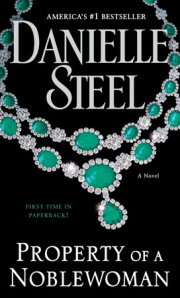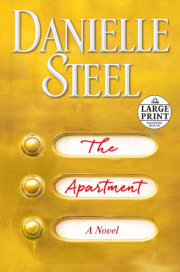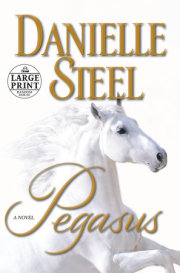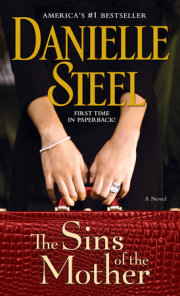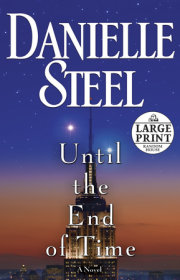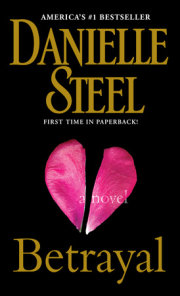Chapter 1
Peter McDowell sat in his office, surrounded by cardboard bankers’ boxes after what had been the worst week of his life. The last month had been a nightmare, not just for him but for everyone on Wall Street. Peter stared at the screen on his desk, which he had been doing since early that morning, and for the past five days. It was Friday, the tenth of October, and stock prices had been plummeting since Monday. It was the worst stock market crash since the Great Depression.
Landmark events had taken place in recent weeks that had heralded the collapse of the house of cards. Twenty-six days earlier, Lehman Brothers, one of the oldest and most respected investment banks, had filed for bankruptcy, stunning the financial world. Even more stunning was the government’s refusal to bail them out, although six months before they had done so for Bear Stearns, which had been bought by JPMorgan Chase. Just before Lehman Brothers’ historic announcement, Bank of America had announced that it was acquiring equally venerable and respected Merrill Lynch. Investment banks and financial institutions were staggering like drunks all over Wall Street, and several smaller banks had already closed. And the day after Lehman Brothers declared bankruptcy, the largest insurer in the nation lost 95 percent of its value, and six days later was removed from the Dow Jones.
And with everyone reeling over alarming daily announcements, Whitman Broadbank, the investment bank where Peter McDowell worked and had established his meteoric career, announced that they were folding as well. Peter had been told three days before, as the stock market continued to plunge. It was hard to wrap his mind around it, as he leaned his head against the boxes on his desk. That afternoon at six o’clock, they were closing their doors. Peter’s golden career, and famously high-risk investments, with previously outstanding results, were no more. He was putting whatever he had left in his office in boxes. He had told his wife, Alana, and their boys, Ryan and Ben, the night before.
“What does that mean, Dad?” Ryan had asked him with a look of panic. He was fourteen years old. Peter didn’t dare read off the litany of things that were about to change for them all. Everything had to be sold. The firm had been leveraged to the hilt. The stock that Peter had gladly acquired in lieu of profits or salary on many occasions, and that consisted of most of his personal fortune, was worthless paper now. The house in the Hamptons was history, the time share of a plane, their penthouse on Fifth Avenue, private schools, credit cards, the Ferrari he played with on the weekends and the boys loved to ride in, Alana’s Bentley, and the brand-new Rolls. All were expensive unimportant toys and symbols of his success. More important, all of their security and way of life had evaporated into thin air. His money and investments were all in Whitman Broadbank, and whatever else he had had gone down the drain with the stock market collapse in the past five days. There was virtually nothing left, or so little that it hardly counted. Peter couldn’t think of a single area of his life that wouldn’t be affected by what had just happened to the economy, except his marriage and his boys. Alana had been painfully silent and watched him, as he explained it all to them. But even Peter didn’t fully understand it yet. No one did. The day before, Iceland had declared the country bankrupt and closed its stock market, and other countries around the world were watching in panic, as they saw the American stock market fall and implode.
Peter finally managed to tear his eyes from the screen that had mesmerized him all week. His secretary had already left that morning, and there was silence in the halls. Others were doing what he was, loading a few personal things into boxes, and carrying them downstairs. All of them were facing the demise of their careers and radically changed lives as a result.
Peter stood up and dropped one of the boxes in the doorway. It was hard to imagine now what he was going to do about work. People were getting fired left and right, and there were hundreds of overqualified candidates for whatever jobs remained. In the musical chairs of the financial game, thousands had wound up without a seat, and Peter was no better off than the rest. His success had been extraordinary for the past 21 years, since he hitched his wagon to the star of Whitman Broadbank fresh out of business school when he was twenty-five. Now he was forty-six, virtually broke, and out of a job, and so was almost everyone he knew, with the exception of the lucky few who had survived the tidal wave of the past month. No one he knew had been untouched.
Peter had been famous for years, with almost every deal he made, but not this time. This time he had taken a fall with all the rest. His luck had finally run out. This wasn’t the way he had expected his career to end, but it wasn’t over yet; he wasn’t about to give up. He was ready to do whatever it took to clean up the mess, tighten his belt, and he knew that sooner or later he’d be back. He just didn’t know when, or how to accomplish it yet. And for now things were going to be tough. He had warned Alana and the boys of that. They were putting both the house in the Hamptons and the apartment in New York on the market that weekend, although real estate prices had already been hit, and were going to experience a severe drop. He would take whatever they could get. And as soon as the New York apartment sold, he was going to have to figure out where they were going to live. He knew that as long as the family stuck together, they’d be all right.
They had to get past this terrifying time and figure out what to do, and where to go from here. He’d been thinking that he could get a job in a small local bank, somewhere outside New York, and make a comeback on Wall Street when the economy was healthy again. He had grown up in a small Massachusetts town, and realized he might have to leave New York for a while and start from scratch. He had lain awake every night all week, thinking about it. All he had left now was a lot of worthless stock, and whatever cash they had on hand, which wasn’t much.
He had insisted that Alana let their live-in couple go earlier that week. They didn’t have a penny to spare. The couple had been nice about it and said they understood, several of their friends were in the same situation. And they’d been smart enough to keep their savings liquid in the bank. He smiled to himself, thinking that their housekeeping couple were probably in better financial shape than he was right now. He had tried to get them to invest their money, and they’d said they didn’t trust any bank or investment services. Everything they had was in cash. And cash was king right now.
Peter rode down in the elevator carrying two of his boxes, with two junior partners, one of whom looked as though he were about to cry. Like most of them, he had been wiped out. Partners and employees who had been on top of the world only a few months before were now back to square one. Peter called it the Chutes and Ladders of life. One minute you’re way up at the top, in the stratosphere, and the next minute you’re down at the bottom, flat on your ass. It had never happened to Peter before.
“Don’t give up, Marshall,” Peter said to one of the men. “We’ll be back.”
“I’m going back to Ohio,” the junior partner said, looking depressed, “to work for my dad at his factory. All I had was Broadbank stock.” It was the situation that most of them were in. And even those who had other stocks knew they were worthless now.
“We’re all in the same boat,” Peter said, determined to be positive about it, although he had given in to panic himself many times in the last week, in the dark of night. But there had to be a light at the end of the tunnel eventually, even if they were going down the tubes right now. He refused to be beaten by this. It was bad, but it had to get better again at some point.
Peter left them with a nod on the ground floor. He put the two boxes in the back of the car he had parked outside. He was using the Volvo station wagon that their couple used to drive to do errands for them. He was planning to take his other cars to a fancy used-car lot for high-end cars that weekend. There was going to be a glut of fancy cars on the market, but whatever he got for them was good enough. He had listed his Ferrari on the Internet that week. And Alana had cried when he told her she had to give up her Bentley. There was no room in their life for luxuries right now.
He brought down four more boxes, and looked at his office for a last time, wondering when he would have a palatial office like this again. Maybe never. Maybe he’d never be back. Maybe it really was all over, as everyone feared. He felt a wave of terror wash over him and then turned around and walked out. He stopped to see two of his partners, but everyone he wanted to say goodbye to was already gone. There would be meetings in the coming weeks about their bankruptcy proceedings, but for now, everyone was leaving the sinking ship and worrying about themselves.
Peter was silent as he rode down the elevator for the last time. He was a tall, athletic-looking man, who appeared younger than his years. He played a lot of tennis on the weekends, worked out with a trainer in the gym he had had built in the apartment, and he was slim and fit. There were a few strands of gray in his sandy blond hair, but it didn’t show. He looked like the perfect all-American boy next door. All his life, or at least in recent years, he had been the image of the Golden Boy. For years now, he had embodied success. That hadn’t been the case in his youth, when he felt like a screw-up, and had been treated like one. He had been labeled the family black sheep, compared to his perfect fraternal twin brother, whom his parents had revered.
Peter had been every parent’s nightmare, a bright, handsome boy who did abysmally at school and was constantly in trouble, suspended or on probation, either for his behavior or his appalling grades. Undiagnosed dyslexia had nearly destroyed his youth. His classmates called him stupid, teachers got frustrated with him and eventually gave up, and neither Peter nor his parents could understand his difficulties at school. His parents were educated and intelligent, and Peter appeared to be smart, but he was always accused of not trying, being lazy, and was punished for homework assignments he didn’t complete. And even he couldn’t explain why the letters on the page and the directions he was given made no sense. He punished the boys who made fun of him, with his fists. It was common for him to come home from school with a torn shirt and a black eye, and having delivered worse, while in the lower grades. In high school he took on an attitude of indifference, hostility, and arrogance to cover the sense of failure and incompetence he felt.
And all the while, his brother Michael was exemplary in every way. He wasn’t as good looking as Peter, or as dazzling in some ways. He was shorter, stockier, quieter, and didn’t have Peter’s looks. Their mother always said that Peter could have been a star if he would just do his homework and behave himself. Michael was always solid and polite, dedicated to his schoolwork, and got outstanding grades. They never had to worry about Michael. It was Peter who nearly broke their hearts every time he failed again. And Michael was always quietly on the sidelines, pointing out Peter’s inability to do what was expected of him, or control himself. Michael goaded Peter to lose his temper, whenever no one was watching, and on the rare occasions when Michael did something he shouldn’t have, he saw to it that Peter got the blame. It was easy for their parents and teachers to believe that Michael was innocent and Peter the guilty party. By the time they finished high school, Peter’s parents were in despair over him. His childhood tantrums had turned into adolescent rages, based on the intolerable frustration he had lived with for eighteen years. He couldn’t win his parents’ approval, or anyone else’s, so he had given up trying to win it or do anything he should. He and his brother were staunch enemies by then, and Peter saw him as the cause of many of the ills that plagued him, or even most of them. Peter could never measure up to him. And all of them were astonished when Peter got into college. He had one dedicated high school teacher who had written an extraordinary recommendation for him, insisting that beyond his poor grades and checkered school career was a remarkably bright, creative young man who would one day overcome his problems. He called him a “late bloomer,” which was the kindest thing anyone had ever said about him, and assured the college that had accepted him that he would make them proud one day.
And once in college, Peter’s entire life had changed. An English professor had taken a profound interest in him, sensed that his earlier poor grades were not due to laziness, and had sent him for sophisticated testing at the learning center. Like a specter in the mists that no one had previously suspected or seen, the dyslexia that had caused him so much pain emerged and was diagnosed. The English professor who had sent him for testing became his mentor and tutored him personally for all four years. The results had been remarkable, and Peter himself was astounded at what he was able to accomplish.
Copyright © 2015 by Danielle Steel. All rights reserved. No part of this excerpt may be reproduced or reprinted without permission in writing from the publisher.

